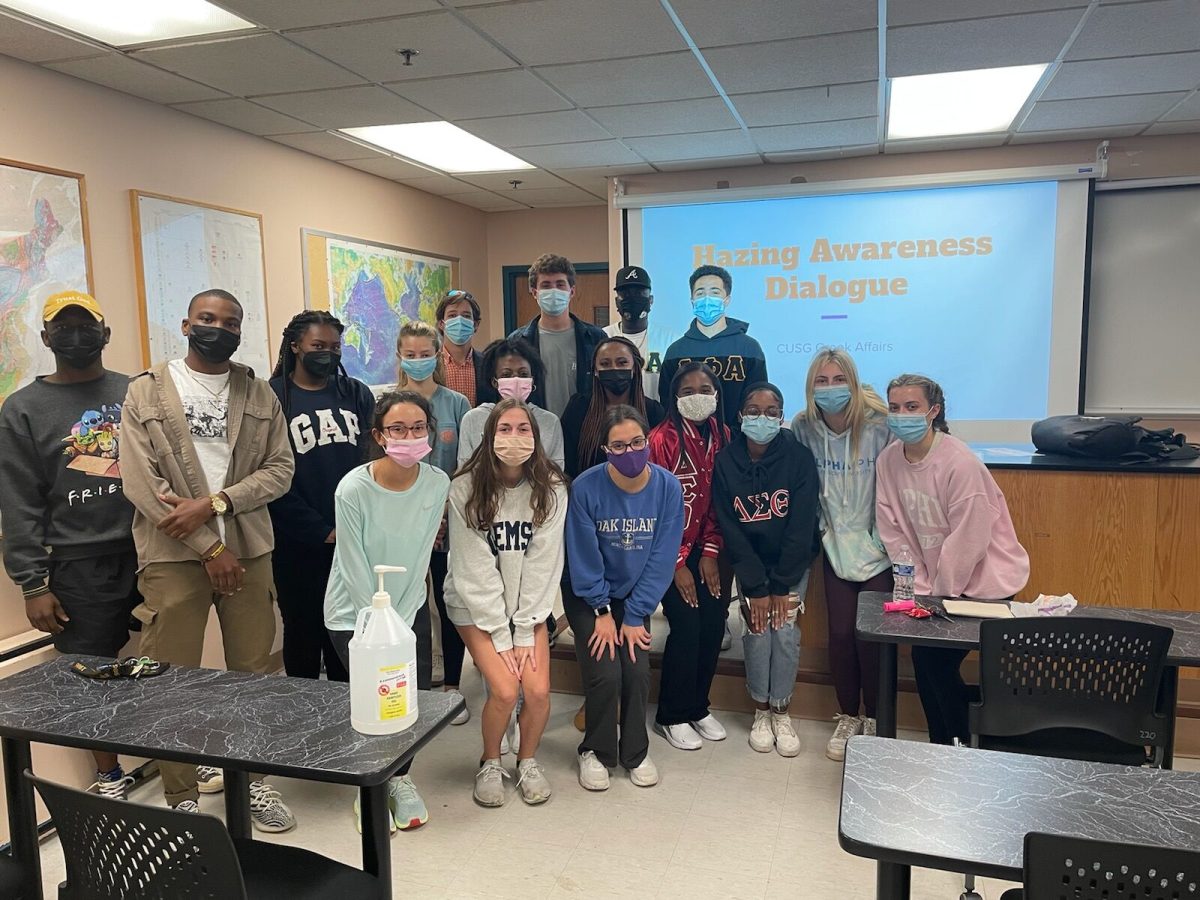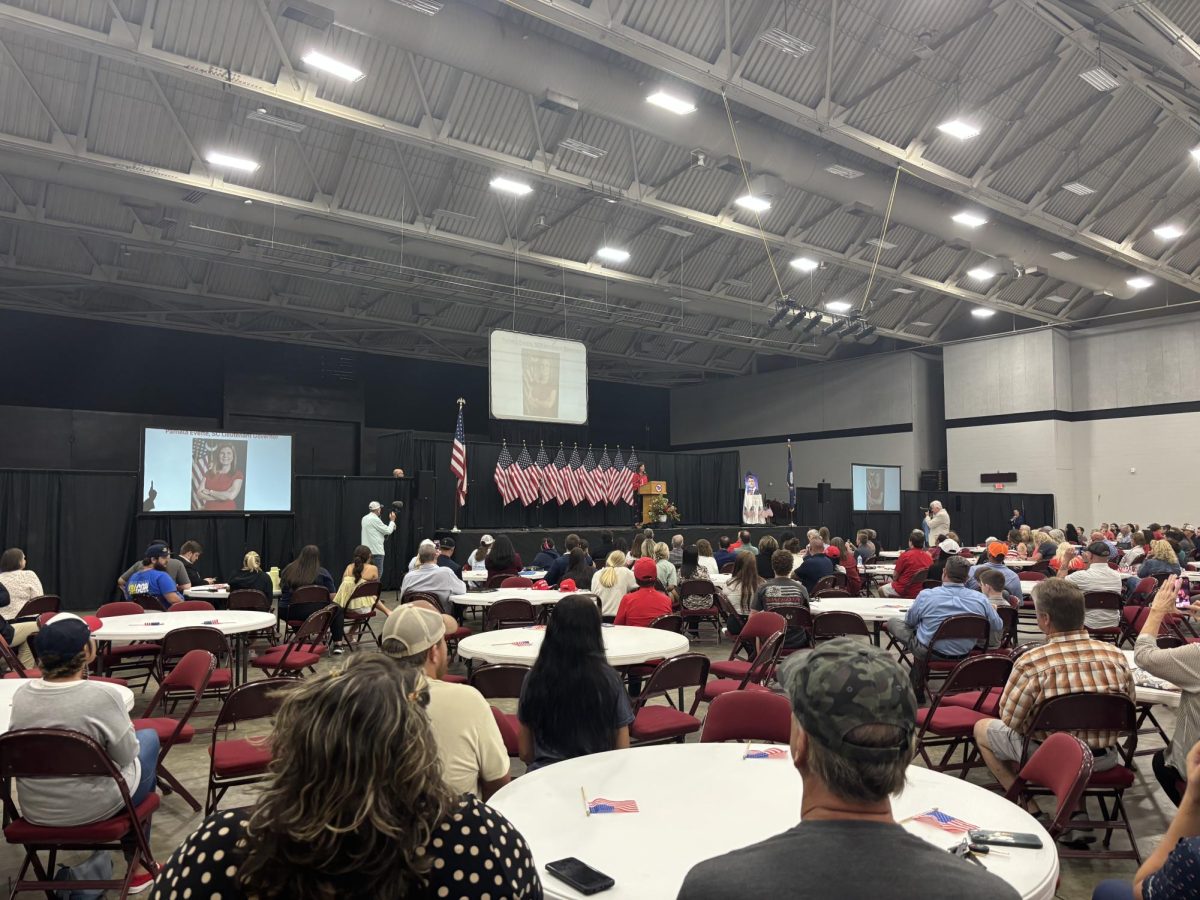To promote awareness of hazing within fraternities and sororities, members of student government hosted a workshop in collaboration with Greek Affairs on Nov. 1. The event, “These Paws Don’t Haze,” was the beginning of a series of workshops to be held by Clemson University Student Government (CUSG) Senate.
“I think it is imperative that we not only continue to host events and initiatives through our student government platform addressing hazing, but to also empower other Greek organizations and entities to do the same,” said Gavin Vasquez, the director of Greek Affairs.
The workshop covered the definition of hazing, types of hazing seen on campus and solutions to help control hazing. Event leaders brought up hazing scenarios during group discussions and each group was asked to talk about what they would do in each situation.
“I personally enjoyed getting to go into breakout groups to talk with other students who have either had experiences with hazing in their fraternity or sorority, or just wanted to help stop it,” said Luke Hall, a junior psychology major.
Students also learned about specific safety protocols that can help limit the bystander effect — the idea that students are less likely to help someone who needs medical attention if there are other people standing around.
“I was so surprised to hear that even calling someone a rude name was considered hazing, but honestly, it is so common to most people to go through that when joining a Greek organization,” said Paige Sproule, a sophomore nursing major. “It is easy to think of Greek life with a negative connotation, but it also brings people together and can be a lot of fun if done safely.”
The Alcohol Amnesty Act plays a role in discouraging this inaction, preventing students for being penalized for saving someone’s life if they are drinking as well. First responders cannot take names or report actions while helping students in trouble, according to Malik Balogun, assistant director of Greek Affairs.
“There should be a culture created in Greek Life where people should not have to ask to be safe, and they should never feel uncomfortable. It is a culture standpoint that Greek organizations should talk about upfront and work on having open communication with pledges and members,” said Darryl Capleton, a junior civil engineering major.
The overall objective of the information session was to take the first step towards raising student awareness to make Clemson’s campus safer by opening communication about hazing with Greek life scenarios.
“While I know this meeting’s main goal is to ultimately decrease and stop hazing from happening on campus, that is not feasible in itself, and it is such a common thing that we need help from the fraternities and sororities themselves to take action,” said Balogun. “By starting to talk about it as a group and beginning to recognize negative hazing patterns, students can learn how to speak up and stop it from continuing, which will hopefully lead to a safer and happier campus.”
This article appeared in The Tiger’s Nov. 18 print edition. It may differ in formatting or content due to space constraints.
‘These Paws Don’t Haze’: Clemson kicks off Greek life education week
Emma Vick, Senior Reporter
November 18, 2021
0
Donate to The Tiger
Your donation will support the student journalists of Clemson University. Your contribution will allow us to purchase equipment and cover our annual website hosting costs.
More to Discover















